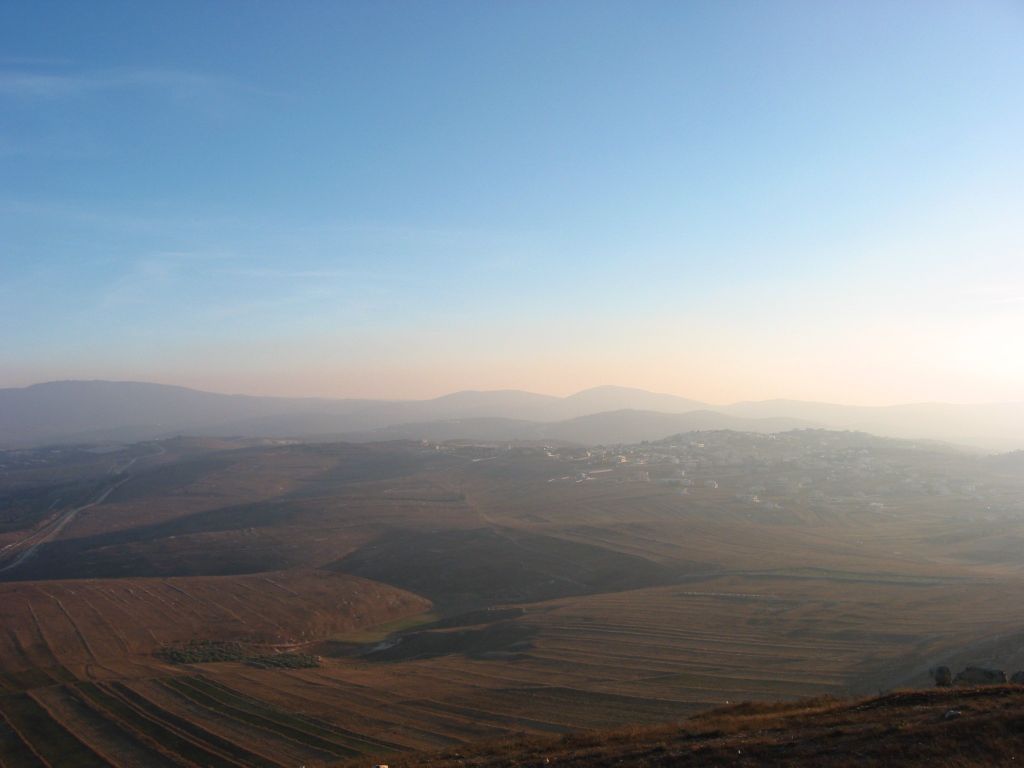Thus far, 2023 is proving to be an extremely deadly year for Israeli violence against Palestinians.
The Israeli military has killed over eighty Palestinians and wounded hundreds more in raids so far this year. Israeli settlers, with the backing of the state, recently attacked the town of Huwara, leaving large parts in ruins, killing one Palestinian civilian and wounding many more.
In February, in a flagrant violation of international law, Israel’s new extreme-right coalition government announced it would retroactively approve nine Israeli settlements on privately owned Palestinian land—and 10,000 new homes in existing settlements in the occupied Palestinian territories.
Critics—from Palestinian solidarity organizations to the countries of the Global South—have rightly criticized Canada for its casual responses to these events and its unwillingness to consider evidence of apartheid in Israel-occupied territories. But despite that widespread criticism, there’s one aspect that could use more focus—the Canada-Israel Free Trade Agreement (CIFTA) as a political and economic tool for normalizing Israeli injustice.
If the government is truly committed to what it calls inclusive trade and a feminist foreign policy, it would terminate the CIFTA to exert pressure on the Israeli government to change course.
Profiting off apartheid
Apartheid is a system of segregation and/or discrimination to maintain the dominance of one racial group over another. The UN recognizes apartheid as a crime against humanity. Today, Amnesty International and the Israeli human rights group B’tselem argue that Israel is running an apartheid system both within its recognized (pre-1967) borders and in the Occupied Territories of Gaza and the West Bank. Human Rights Watch acknowledges the reality of apartheid in the Occupied Territories.
CIFTA directly and indirectly facilitates Israeli apartheid. The agreement makes no clear stipulation about whether products made in illegal Israeli settlements can profit from preferential access to the Canadian market. In fact, it appears to encourage it.
Both the 1997 CIFTA and a “modernized” version ratified by Canada in 2019 define Israeli “territory”—the area where the trade deal’s rules apply— as “the territory where its customs laws are applied.” Israel and Palestine are part of a customs union under the terms of the 1994 Paris Protocol, which allows Israel to collect duties on goods destined for the Palestinian territories. It is conceivable, though not clearly stated in the agreement, that all of the CIFTA applies in the Occupied Territories.
Whether or not this is true, it should not change the fact that the West Bank and Gaza are not legally part of Israel. Canada is within its rights to treat products made in the Occupied Territories differently than products from Israel. Unfortunately, this is not how CIFTA is being interpreted by the government.
When, in 2017, the Canadian Food Inspection Agency appropriately asked Ontario liquor stores to remove bottles of settlement-made wine illegally labelled “Product of Israel,” Global Affairs Canada pointed to CIFTA and demanded the policy be reversed. The food regulator acquiesced, stating “These wines adhere to the [CIFTA] and therefore we can confirm that the products in question can be sold as currently labelled.
It should be common practice internationally to require products made in the Occupied Territories to be labelled as such. Canada’s misinterpretation of its trade obligations to avoid this duty, whether wilful or not, is atrocious. Given the gravity of the injustice against Palestinians today, Canada must instead halt normal trading relations with Israel as a leverage point for finding a just resolution.
CIFTA has got to go
While CIFTA termination would send the strongest signal, there are other measures Canada could take within the treaty itself to challenge injustices in the Occupied Territories. For example, CIFTA’s gender chapter allows either country to contest a failure “to implement effectively” obligations in the Convention on the Elimination of all Forms of Discrimination Against Women.
In her 2017 report, the UN Special Rapporteur on violence against women stated that “the occupation is a real obstacle to the State’s [of Palestine] due diligence obligation to prevent violence against women in areas where it does not have full jurisdiction, because of the fragmentation of the areas under different control and the political divide between the Gaza de facto authority and the Government of the State of Palestine.”
Canada could similarly raise concerns with respect to CIFTA’s allegedly progressive and inclusive labour chapter. Lack of economic opportunities for Palestinians forces many to work for low wages and in unsafe working conditions in the Occupied Territories. Human Rights Watch has documented that Israeli settlement farms use a high incidence of Palestinian child labour and systematically deprive Palestinian-owned agriculture of access to water.
The problem with an inside-treaty approach is that gender and labour complaints can get bogged down in endless consultations and rarely reach the state-to-state dispute settlement process. What’s more, Canada has shown little interest in using these procedures in its trade deals. This is all the more remarkable as Canada promises “fair,” “inclusive,” or “worker-centred” trade—notably the elimination of forced and child labour from global value chains.
Canada’s “inclusive trade” facade
Many countries in the Global North, including Canada, have been talking about “friendshoring”—that is, to trade more with “friendly” regimes and less with autocrats or illiberal countries who care little for the so-called rules-based international order, including human rights law and International Labour Organization standards. Is Israel a “friend” simply because it is a long-standing ally of the U.S.?
It is essential to question Canada’s commitment to “inclusive” trade in the context of ongoing Israeli brutality in occupied Palestine. The Canada-Israel free trade deal legitimizes Israel’s economic control over its self-declared customs zone, which includes the Palestinian territories.
This undermines Canada’s own foreign policy position, which claims to support a two-state solution where many, if not most, of the settlements would be returned to the state of Palestine.
Terminating the Canada-Israel trade agreement would be fairly straightforward compared with, for example, ongoing efforts to ban foreign goods suspected of being made with forced labour. It could also prove effective at pressuring Israel to heed its international legal and humanitarian obligations towards Palestine. Over 150 prominent artists, cultural workers and authors in Canada—including one of the authors of this article—called for CIFTA to be terminated in 2021.
The social and economic injustices faced by Palestinians under occupation merit urgency and resolve from all countries with any political or economic influence towards Israel. There would be backlash against Canada for ending the CIFTA—just like there was for early movers against South African apartheid. But backlash or not, we need countries like Canada to take braver steps to support justice over tyranny in all parts of the world.









